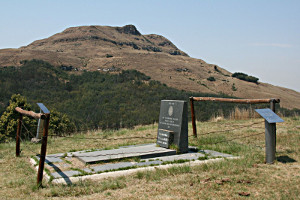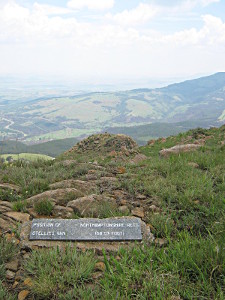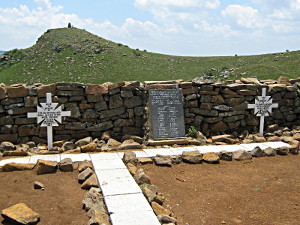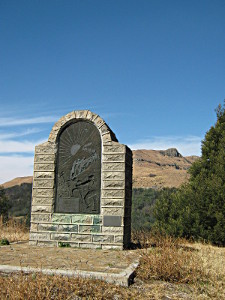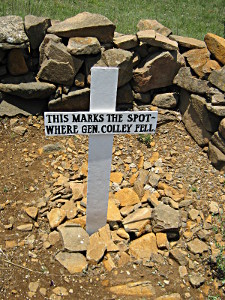Battle of Majuba Hill near Volksrust
Majuba Hill, located near Volksrust, stands as an eternal testament to South Africa's tumultuous past and the fierce spirit of the Afrikaners. Its relevance in the country's history, particularly during the First Anglo-Boer War, is irrefutable and has left an indelible mark in the annals of time.
The late 19th century was a period of political unrest in South Africa. The vulnerability and poverty of the South African Republic, commonly known as Transvaal, made it an easy target for British ambitions. In 1877, under Disraeli's Conservative government, Britain took the controversial step of annexing Transvaal. This move was intended as a key component in achieving the federation of the South African colonies. However, the British greatly underestimated the formidable spirit and independence of the Afrikaners in Transvaal.
This annexation set the stage for a monumental clash of cultures and aspirations. Led by the indomitable Paul Kruger, the Afrikaners revolted in December 1880, igniting the First Anglo-Boer War (1880-1881). The war was marked by four decisive battles: Bronkhorstspruit, Laingsnek, Schuinshoogte, and the pivotal Battle of Majuba. Several sieges also took place in cities like Potchefstroom, Pretoria, Marabastad, Lydenburg, Rustenburg, Standerton, and Wakkerstroom.
The climactic Battle of Majuba on 27 February 1881 saw the Boers clinching a crucial victory against the British. The British, despite their military prowess, were soundly defeated on the slopes and summit of Majuba Hill. This defeat was not just a military setback for the British; it symbolized the fierce resilience and tenacity of the Afrikaner spirit.
Realizing the extent of the misjudgment and the potential consequences of continuing the conflict, the British, under Gladstone's Liberal government, opted for peace. The subsequent Pretoria Convention in August 1881 marked the end of the First Anglo-Boer War. In a significant turn of events, it granted Transvaal 'complete self-government, subject to the suzerainty of Her Majesty Queen Victoria'.
Today, the Amajuba Commemorative Farm incorporates the Majuba Mountain and Battlefield Site. It offers a glimpse into the past for history enthusiasts, with short hiking trails that wind around the mountain, enabling visitors to trace the paths that soldiers once took.
Two poignant memorials at the hill's summit commemorate the Battle of Majuba. One marks the spot where General Colley met his end, and the other stands in tribute to the British soldiers who lost their lives. Scattered across the hill's peak are markers indicating various British positions, giving visitors a clear picture of the battle's progression.
At the foot of Majuba Hill lies a monument dedicated to the valiant Transvaalers. Here, the grave of an unknown Boer gunner from the Second Anglo-Boer War serves as a solemn reminder of the sacrifices made.
Majuba Hill, with its rich tapestry of history, serves as a powerful reminder of the sacrifices, heroism, and political machinations that have shaped South Africa's past. It stands as a monument to both British and Afrikaner soldiers and offers a poignant lesson on the consequences of underestimating the spirit of a people.
